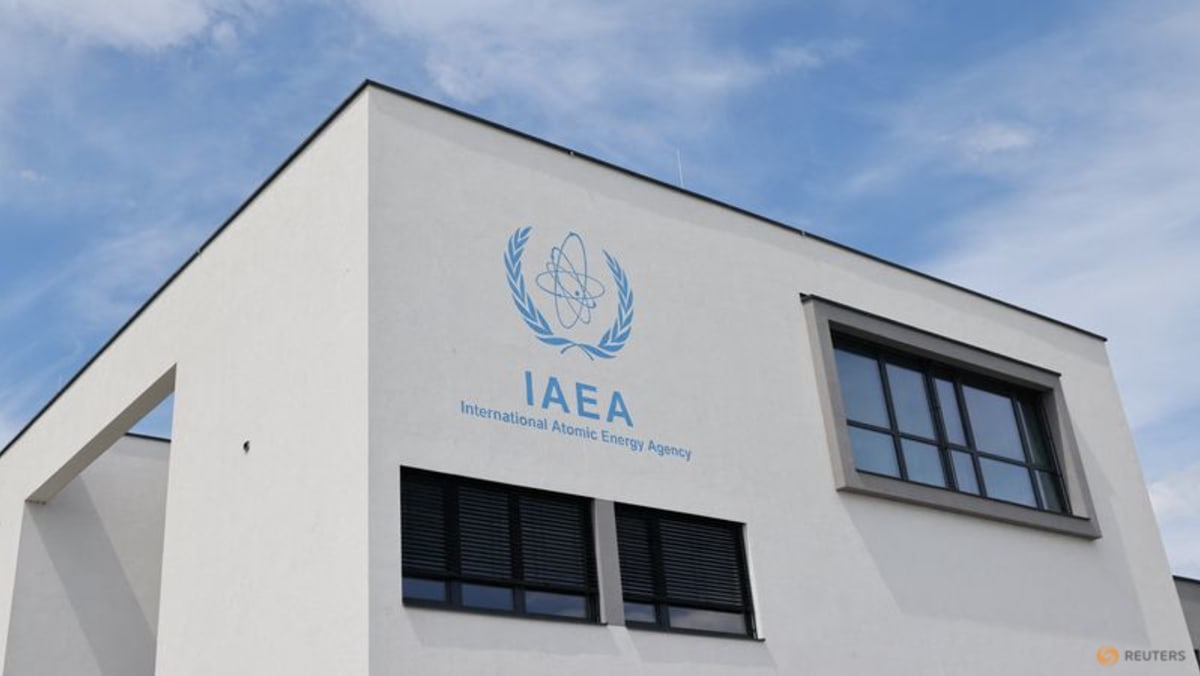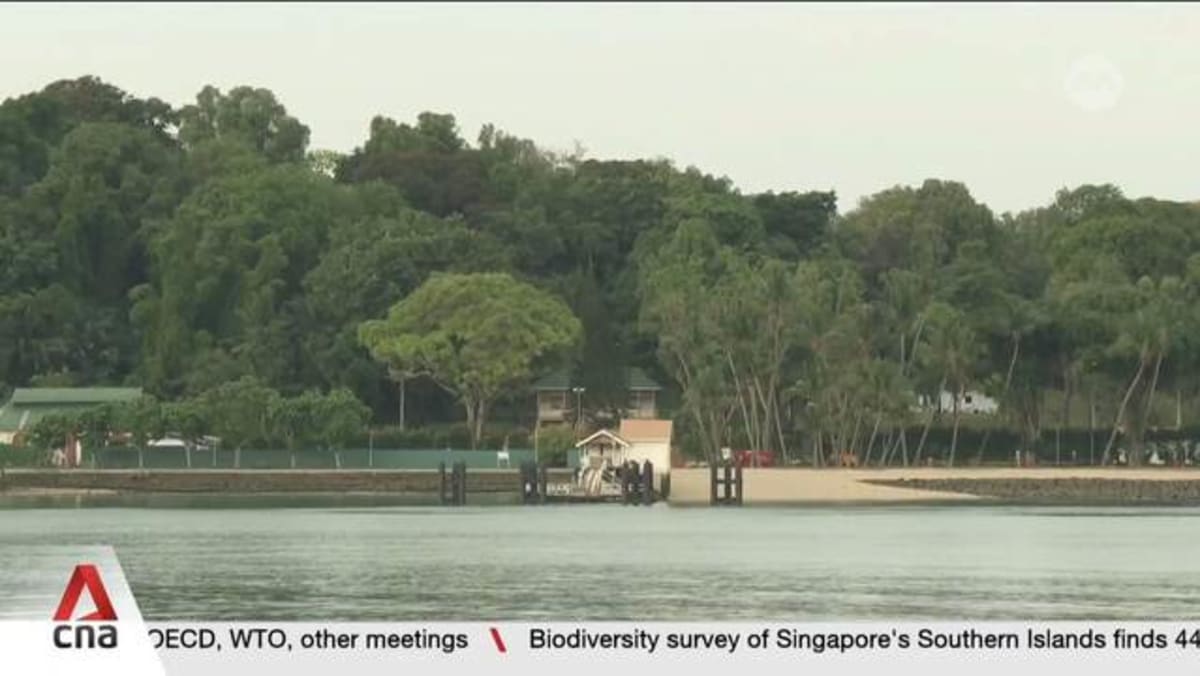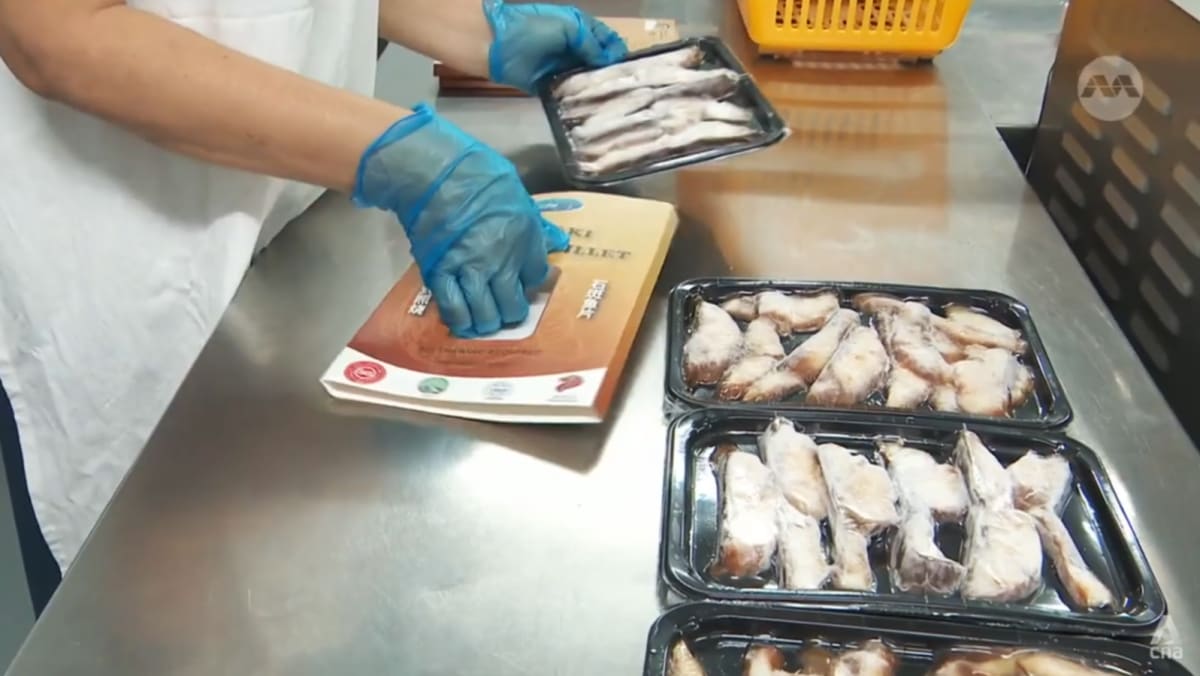As the company seeks to increase its profitability, Mr Ng is also looking beyond farming as a business activity, turning to food manufacturing as well as designing and building aquaculture systems.
He said that instead of cutting prices below market rate due to excess fish production, creating ready-to-eat products means the firm could extend the shelf life of its fish offerings and helping it to plan fish production.
He added that the farm is creating fish products like fillets, soup and noodles.They will hit the shelves later this year.
He said that the farm’s production has a lower carbon footprint as the entire process from harvesting to cooking is all done at the same location.
On expansion plans, Mr Ng noted the challenges faced by the aquaculture sector such as rent, labour, and cost of constructing farming facilities.
Mr Ng added that improving staff productivity is one way to address labour costs, and expressed hopes for more land sites with lower rent and longer tenure so that businesses can recoup their investments.
DEFRAYING COSTS
During a Committee of Supply speech in parliament two months ago, then-Senior Minister of State for Sustainability and the Environment Koh Poh Koon said the government is looking to help farms improve productivity and lower costs.
Farms that require help to expand can seek government funding for farming equipment and trials to raise productivity while staying sustainable.
In his speech, Dr Koh introduced enhancements to the existing S$60 million (US$47 million) Agri-Food Cluster Transformation (ACT) Fund that was unveiled by the SFA in 2021.
The fund is aimed at helping local food producers increase their production capacities and capabilities.
Dr Koh also said that the enhanced ACT Fund will provide comprehensive coverage including marketing and branding expenses. It will also expand funding to cover standalone pre- and post-harvest production facilities.
Such facilities improve the resilience of the local supply chain against supply disruptions, streamline operations, improve productivity and ensure more consistent product quality.
The agency will also extend the maximum project funding duration from 27 to 36 months, giving farms more time to harness technology and innovations.














